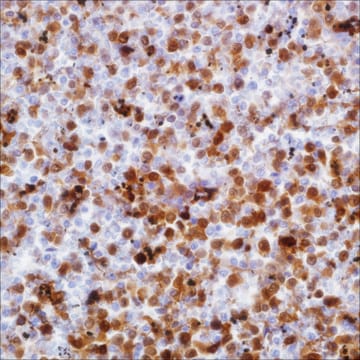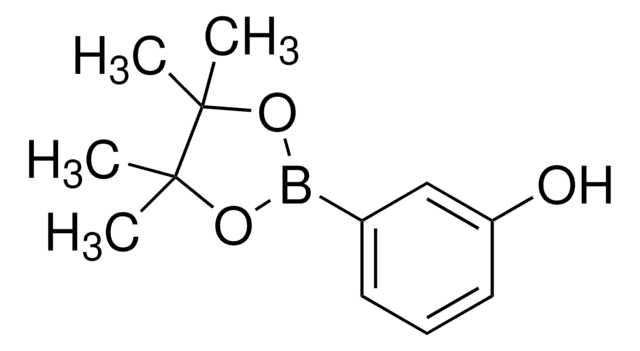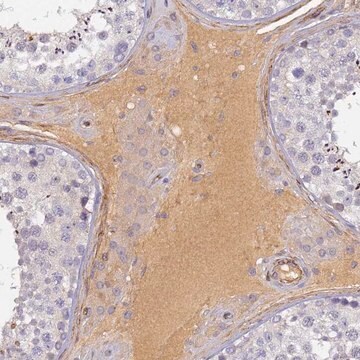MABS1198
Anti-SPINK1 Antibody, clone 4D11.1
clone 4D11.1, from mouse
Synonym(s):
Serine protease inhibitor Kazal-type 1, Pancreatic secretory trypsin inhibitor, TATI, Tumor-associated trypsin inhibitor
About This Item
Recommended Products
biological source
mouse
Quality Level
antibody form
purified immunoglobulin
antibody product type
primary antibodies
clone
4D11.1, monoclonal
species reactivity
human
technique(s)
immunohistochemistry: suitable (paraffin)
western blot: suitable
isotype
IgG1κ
NCBI accession no.
UniProt accession no.
shipped in
ambient
target post-translational modification
unmodified
Gene Information
human ... SPINK1(6690)
General description
Specificity
Immunogen
Application
Signaling
Quality
Western Blotting Analysis (WB): A 1:5000 dilution of this antibody detected 50 ng of recombinant human SPINK1 GST fusion protein.
Target description
Physical form
Storage and Stability
Other Notes
Disclaimer
Not finding the right product?
Try our Product Selector Tool.
Storage Class
12 - Non Combustible Liquids
wgk_germany
WGK 1
flash_point_f
Not applicable
flash_point_c
Not applicable
Certificates of Analysis (COA)
Search for Certificates of Analysis (COA) by entering the products Lot/Batch Number. Lot and Batch Numbers can be found on a product’s label following the words ‘Lot’ or ‘Batch’.
Already Own This Product?
Find documentation for the products that you have recently purchased in the Document Library.
Our team of scientists has experience in all areas of research including Life Science, Material Science, Chemical Synthesis, Chromatography, Analytical and many others.
Contact Technical Service






